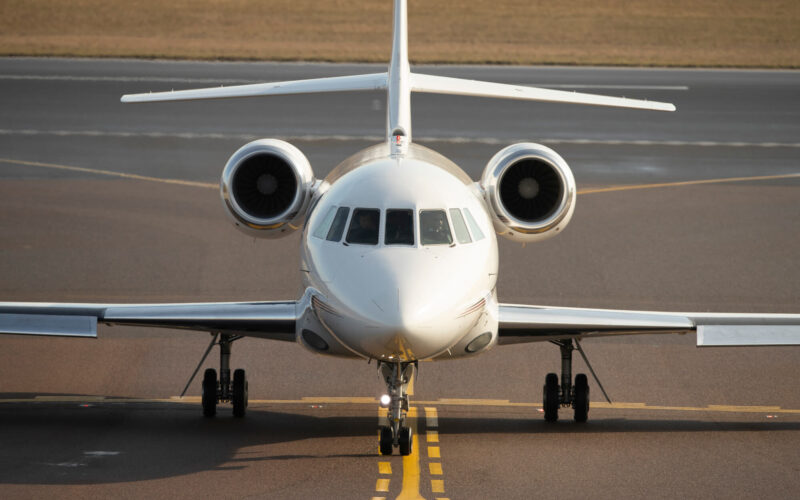In the last three weeks, global business aviation has shown a mixed bag of trends. While the overall activity is still commendable, surpassing 2019 by approximately 20%, there has been a slight year-over-year decline. The US remains the linchpin of global activity, overshadowing softer markets in Europe and the Middle East.
North American Highlights
North America, led by the US, has consistently outperformed its last year’s figures, with a notable 22% increase over 2019. The region has seen a surge in demand for large cabin and super midsize aircraft. For instance, Teterboro Airport, a key hub for business aviation, reported a 6% increase in super midsize jet activity compared to last year. Fractional operators in Las Vegas showed an impressive 85% increase in flights over November 2022, highlighting the region’s growth.
European Dynamics
Europe’s business aviation sector, in contrast, is experiencing a downturn, with activity 13% lower than last year and slightly trailing behind 2019. Major airports like Le Bourget and Geneva have seen significant declines in flight numbers. The Cessna Citation Excel, typically a popular choice, reported 20% fewer sectors than last year. However, the Citation Latitude showed resilience, flying more short-haul flights than any previous November in the last four years.
Asia and Middle East Trends
Asia’s business aviation sector is holding steady, with a 6% increase in activity compared to last year and a remarkable 50% leap from 2019. In the Middle East, despite a 6% year-over-year decline, the sector is 47% ahead of 2019. Al Maktoum International Airport in Dubai is a standout, surpassing its last year’s activity by 4%.
Aircraft and Airline Spotlight
The super midsize and ultra long-range jets are the stars in North America, with the Gulfstream G650 and Bombardier Global 6000 leading the pack.
In Europe, despite overall declines, the Cessna Citation Latitude and the Bombardier Challenger 350 showed an uptick in flights.
Fractional ownership and charter services, particularly in North America, are gaining momentum, with operators like NetJets and Flexjet reporting increased activity.
Key Insights
The US continues to be the backbone of global business aviation, with significant growth in specific jet categories and regions.
Europe faces challenges, with major airports and popular aircraft types experiencing a dip in activity.
Asia maintains a steady growth trajectory, outperforming its 2019 figures.
The Middle East shows resilience, with certain hubs like Dubai maintaining robust activity.
This overview provides a snapshot of the current state of business aviation, reflecting the industry’s resilience and adaptability in the face of regional variations and shifting market demands. As the year draws to a close, these insights offer a glimpse into the potential future landscape of business aviation.

